Team time trial: why they were forgotten and why they have returned
In its 5th stage, the 2005 Vuelta a España will be contested in the team time trial format, a discipline that was once almost mandatory in the grand tours and seemed to have been forgotten in recent times. However, this year it has been brought back by the organizers of the Spanish tour, and next year, coinciding with the start of the Tour de France in Barcelona, the grande boucle will begin with this format.
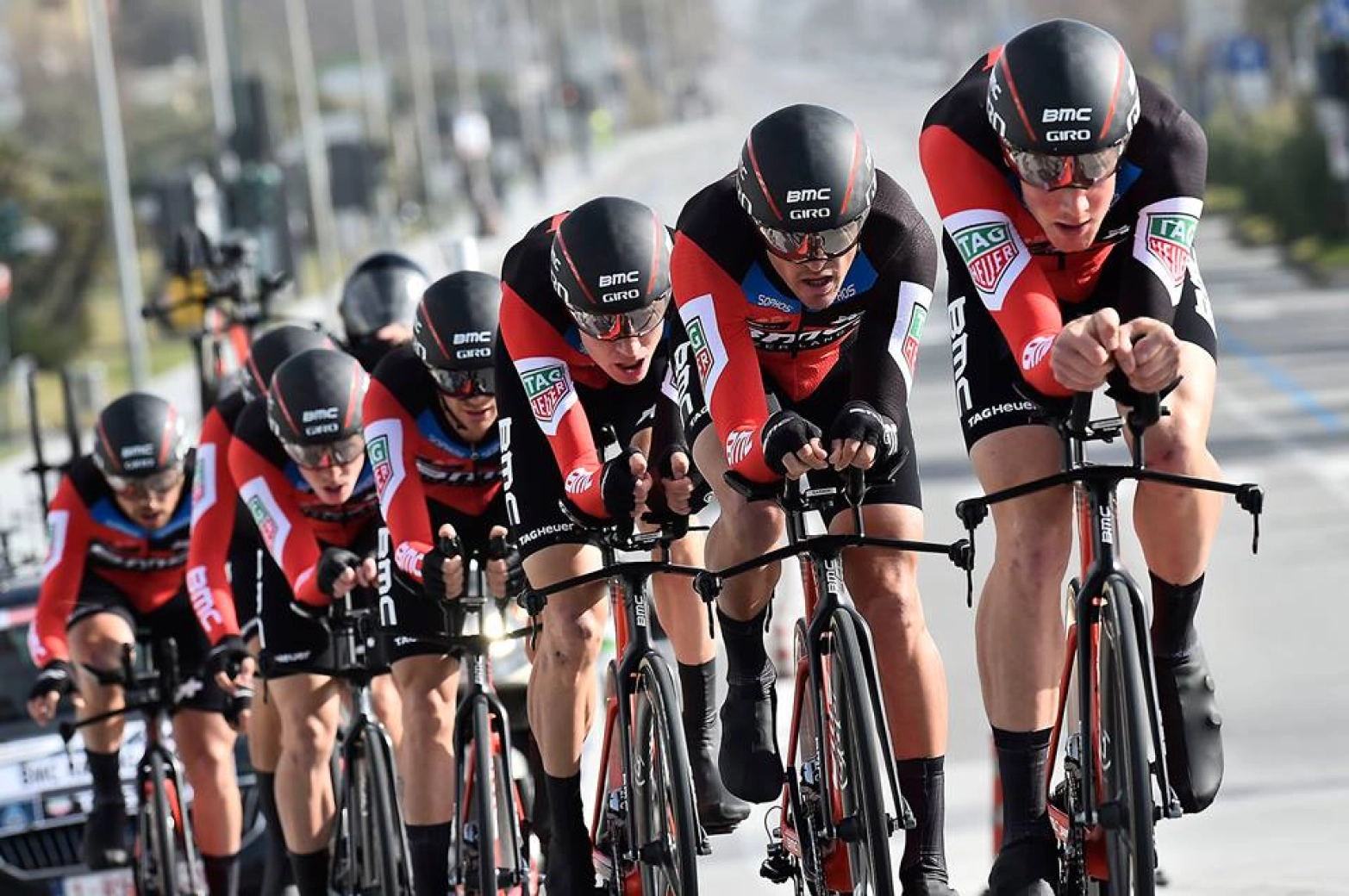
The first time differences in La Vuelta 2025 will come from a team time trial
As hated as it is loved, the team time trial is, without a doubt, one of the most spectacular disciplines in road cycling and demands meticulous preparation from the teams as well as splendid form from the cyclists.
Although from television everything may seem very simple, the reality is that the work to achieve perfect coordination in team time trials is immense, and partly for this reason some teams have traditionally treated them as a mere formality. Meanwhile, on the other hand, there have been teams truly specialized in team time trials, who prepared for them thoroughly and were able to get the most out of this specialty.
RECOMENDADO
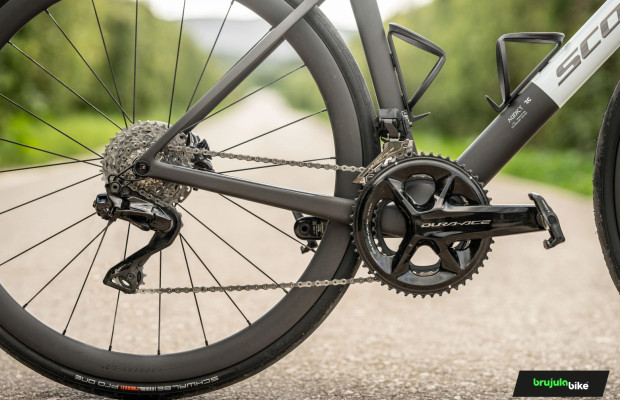
How to choose the right crankset and cassette: a guide to find the right ratio and extend the life of your bike
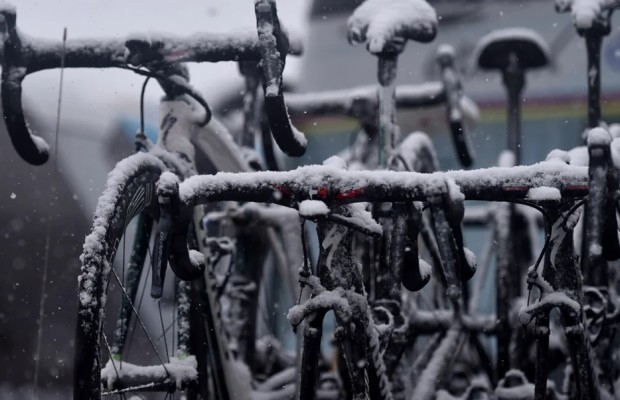
Can I go cycling with the flu or a cold?
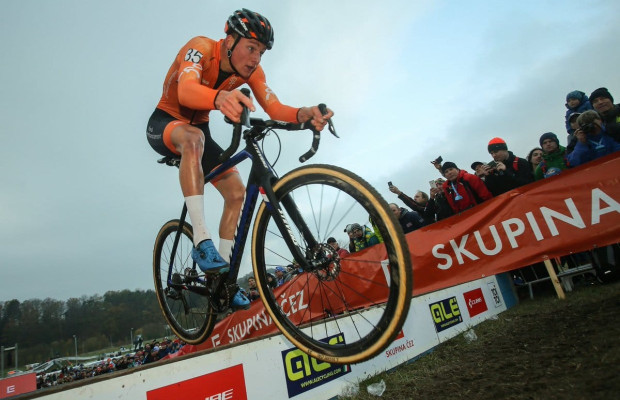
He invented the idea of jumping over the planks, which earned him a World Championship against Van der Poel
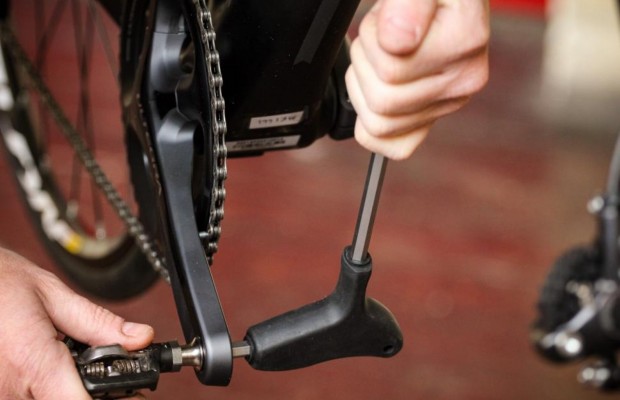
How to change the pedals of any bike in 5 steps
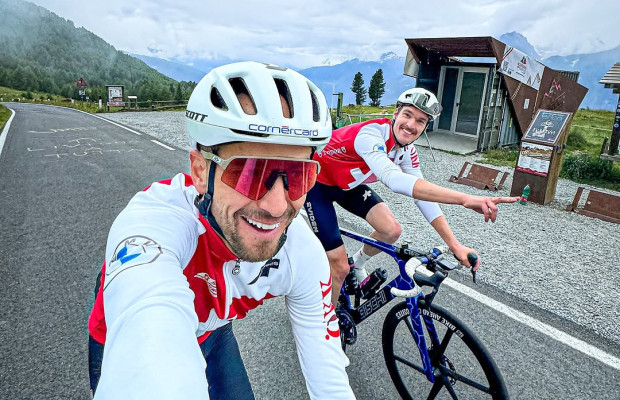
Is it possible to do base training when time is short?
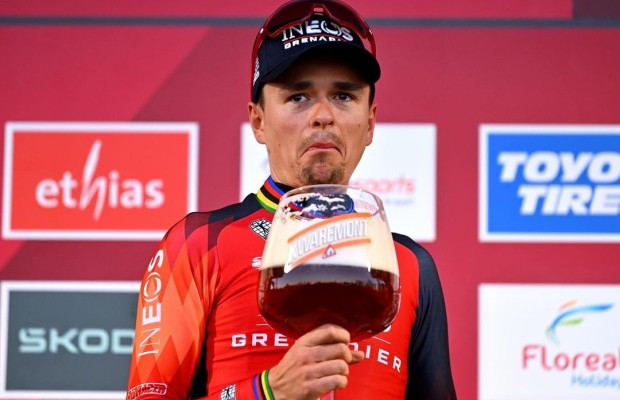
Is it a good idea to go out for a ride with a hangover? A new study claims that it is
A team time trial requires perfect coordination among the cyclists, studying each cyclist's capabilities and characteristics to organize the line or make precise adjustments to the rhythms so that the specialists do not end up destroying their climbing teammates, but at the same time, the intensity is sufficient for the desired goal in the competition.
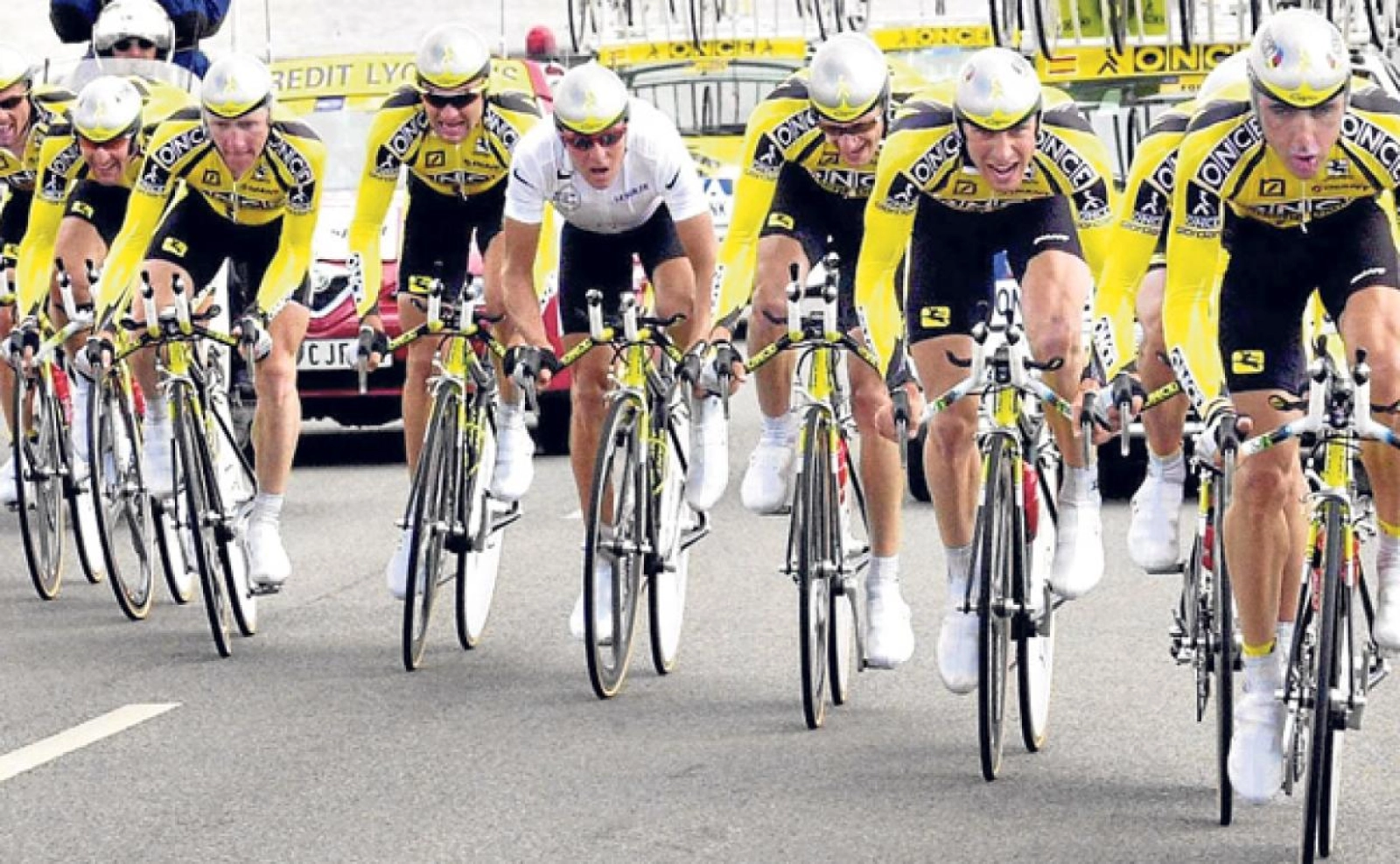
Other aspects to consider in a team time trial are the tactics to use throughout the competition: long or short relays, maintaining a compact block or burning units as the kilometers progress, where to prioritize the work of pulling from one cyclist or another, analyzing the impact of the wind in each part of the route to adjust the positioning of the line, etc.
Furthermore, the pace at which a fully synchronized team is able to ride represents a monumental effort for each cyclist, so not having a good day is not an option since maximum effort is needed to ride at the extremely high speed achieved in a team time trial. Not being able to keep up with the pace can result in differences at the finish line that are measured in minutes rather than seconds.
Many aspects that teams cannot always work on as they should due to the busy schedules imposed by current cycling, perhaps one of the reasons why little by little, both in grand tours and week-long races, team time trials have been losing presence in recent times. A decrease in prominence that is not only attributable to the peculiarity of this discipline but is also an extension of the increasingly less relevant role that individual time trials have been playing.

However, it is undeniable that it is a tremendously visual specialty that always attracts the attention of cycling fans, so it is appreciated that organizations like those of La Vuelta a España have decided to include it after several years without competing in it, something that has also encouraged the organizers of the Tour de France, also dependent on ASO like the Spanish tour, which will start next year in this way.
In any case, team time trials today are not like those of the past, where truly crazy distances approaching 100 kilometers were contested, having been reduced to more mundane distances, which obviously means that time differences are not as brutal as those seen in other eras.
Still, the 24 kilometers of the team time trial that La Vuelta will contest in its 5th stage in Figueras are sure to begin to reveal significant differences in an edition of La Vuelta where the chances of significantly outperforming rivals seem scarce. It will undoubtedly be a good day for Jonas Vingegaard to consolidate his lead in the general classification before the first truly mountainous stage that will be held the following day in Andorra.

On the other hand, the reintroduction of the team time trial serves the organization to add appeal to the first week of the race without having to resort to an individual time trial, which, as current cycling stands, tends to leave the classifications too clear-cut, as happened in the Tour de France where Tadej Pogacar gained almost all of his advantage without even finishing the first week.